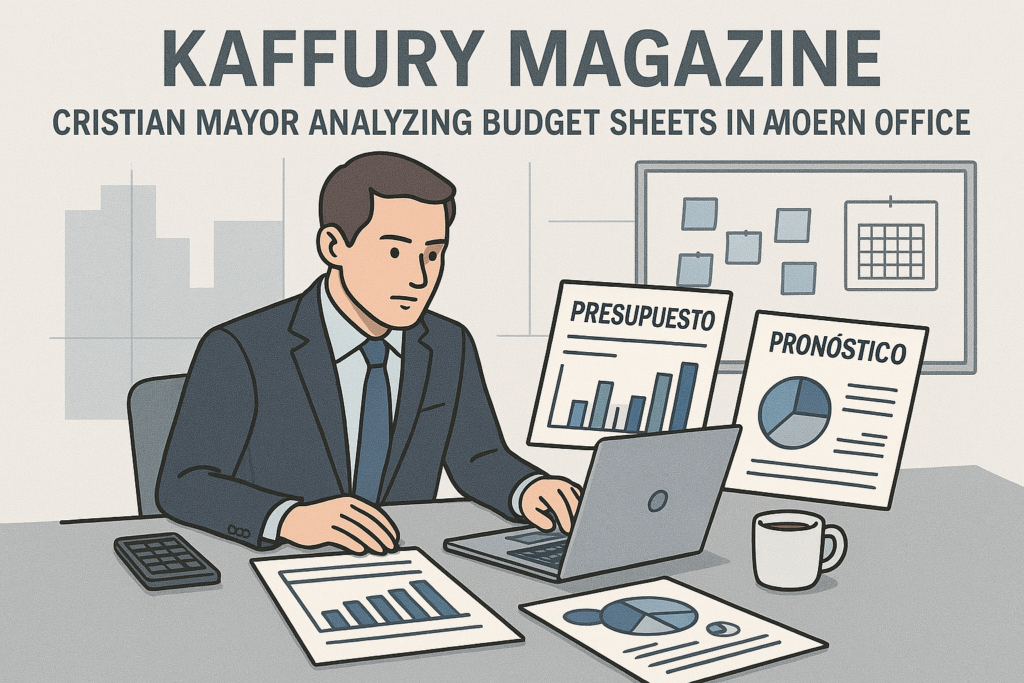Strong budgeting is the heartbeat of any thriving business. Whether you’re running a startup or scaling an established enterprise, having a strategic approach to finances is non-negotiable. This is where budget management advice becomes your greatest asset.
In this guide, we’ll break down actionable strategies that go beyond number crunching—equipping you to make smarter, data-backed decisions that support profitability, cash flow, and long-term stability.
Why Budget Management Is Essential for Business Success
A budget is more than just a spreadsheet—it’s a decision-making framework. Smart budget management allows business owners to:
- Allocate resources efficiently
- Control unnecessary expenses
- Forecast cash flow and profitability
- Prepare for economic shifts and emergencies
- Align spending with strategic goals
Neglecting proper budgeting can lead to overspending, poor investment choices, and financial instability.
🔍 Discover how we help businesses build smarter budgets
1. Set Clear Financial Goals Before Budgeting
Effective budget management begins with goal setting. Define both short- and long-term objectives such as:
- Reducing overhead costs by 10%
- Scaling marketing by 15% next quarter
- Building a six-month emergency reserve
- Hiring two full-time employees by year-end
Clarity in goals helps you assign resources where they’ll make the most impact.
📌 Need help mapping your budget to your goals? Let’s plan it together
2. Track Every Expense and Revenue Source
You can’t manage what you don’t measure. Track all business expenses and income—no matter how small. Categorize everything:
- Fixed costs (rent, salaries)
- Variable costs (utilities, materials)
- One-time investments (software, equipment)
- Revenue streams (products, services, consulting)
Cloud-based accounting platforms like QuickBooks or Xero make tracking simple and accessible.
🧩 We can help you automate expense tracking
3. Build a Flexible Budget, Not a Static One
Budgets should evolve with your business. A rigid plan doesn’t account for fluctuations or unexpected opportunities. Instead:
- Adjust forecasts monthly or quarterly
- Compare projected vs. actuals regularly
- Use rolling budgets for better adaptability
Staying agile helps you respond to challenges without derailing your financial strategy.
4. Implement a Cash Flow Management System
Managing cash flow is a critical piece of effective budgeting. Without it, even profitable businesses can run into trouble. Best practices include:
- Forecasting inflows and outflows monthly
- Maintaining a cash reserve
- Setting clear payment terms with clients
- Monitoring accounts receivable and payable
A solid cash flow strategy is what keeps your business operating smoothly.
📘 Learn more about financial planning services to support cash flow control.
5. Prioritize High-Impact Spending
Not all expenses are equal. Evaluate spending based on ROI. Invest in:
- Revenue-generating activities (ads, SEO, sales teams)
- Productivity-enhancing tools (automation software, CRMs)
- Talent and training
Cut or reduce spending in areas with low return. Let your budget reflect your growth priorities.
6. Review Your Budget Monthly
A once-a-year budget review isn’t enough. Monthly check-ins allow you to:
- Spot trends or overspending early
- Adjust for seasonality or new revenue
- Make better decisions using real-time data
Schedule a budget review every month—just like a board meeting.
📲 Need expert input during your budget reviews? Talk to us today
7. Involve Your Team in the Budgeting Process
Budgeting isn’t just a C-level concern. When department heads or team leads are involved:
- They feel more accountable for budget outcomes
- You gain ground-level insights on operational costs
- It fosters a culture of transparency and responsibility
Empowered teams make better financial choices.
Final Thoughts
Good budget management isn’t about cutting costs—it’s about spending smarter. With the right budget management advice, your business can make confident financial decisions that drive growth and sustainability.
Don’t let uncertainty control your finances. Control them with a strategy that evolves with your business.
🚀 Ready to take full control of your business finances?
📞 Schedule a strategy call or follow us on Facebook and Instagram for more insights.
Frequently Asked Questions
1. What’s the first step to managing a business budget effectively?
Start by setting measurable financial goals and tracking every expense and income source.
2. How often should I update my business budget?
Ideally, you should review and update your budget monthly or at least quarterly.
3. Can budgeting help increase profitability?
Yes. It helps identify cost-saving opportunities and ensures resources are used where they generate the highest ROI.
4. What tools are best for small business budget tracking?
QuickBooks, Xero, and FreshBooks are popular platforms with budget and cash flow tracking features.




 por
por